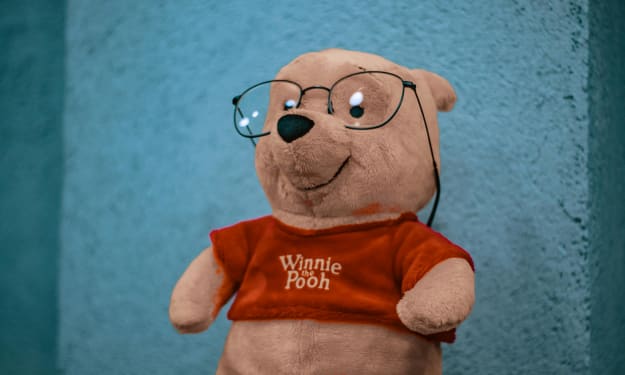The Intersection of Pop Culture and Mental Health Awareness
I am examining these areas and understanding how pop culture and mental health contribute to the conversation of breaking down stigma and promoting a more supportive and informed community.

Introduction
Mental health awareness has become a crucial topic in today's society, and pop culture plays a significant role in shaping our understanding and attitudes toward it. From celebrities sharing their struggles to the portrayal of mental health in media, pop culture has the power to influence and educate millions. This article explores five key intersections of pop culture and mental health awareness: celebrities' openness about their mental health, representation in film and television, music's role in advocacy, the impact of social media, and themes in contemporary literature and graphic novels. By examining these areas, we can better understand how pop culture contributes to the ongoing conversation about mental health, breaking down stigma and promoting a more supportive and informed community.
1. Celebrities Speaking Out About Their Mental Health Struggles
Celebrities play a crucial role in shaping public perceptions, and when they open up about their mental health struggles, it can have a profound impact. This section will explore notable examples of celebrities who have publicly discussed their battles with mental health issues, such as depression, anxiety, and bipolar disorder. It will examine how these disclosures have helped to de-stigmatize mental health, encouraged fans to seek help, and contributed to a broader conversation about the importance of mental well-being.
2. Representation of Mental Health in Film and Television
Media representation can significantly influence societal attitudes towards mental health. This section will analyze how mental health issues are portrayed in popular movies and TV shows, both positively and negatively. It will highlight examples of accurate and empathetic portrayals that have helped to raise awareness and promote understanding, as well as instances where portrayals have perpetuated harmful stereotypes. The impact of these representations on public awareness and perception of mental health issues will also be discussed.
3. Music as a Medium for Mental Health Advocacy
Music has long been a powerful tool for expression and connection. This section will focus on how musicians and bands use their platforms to address mental health issues through their lyrics, public statements, and activism. Examples will include songs that explicitly deal with mental health themes, musicians who have become advocates for mental health awareness, and the role of music therapy in mental health treatment. The therapeutic benefits of music for both artists and listeners will be explored.
4. The Role of Social Media in Mental Health Awareness and Support
Social media is a double-edged sword when it comes to mental health. This section will examine how platforms like Instagram, Twitter, and TikTok are being used to promote mental health awareness and provide support networks. It will discuss the rise of mental health influencers, online support groups, and campaigns that have gone viral. Additionally, the potential negative impacts of social media on mental health, such as cyberbullying and the pressure to conform to unrealistic standards, will be addressed.
5. Mental Health Themes in Contemporary Literature and Graphic Novels
Literature and graphic novels offer unique ways to explore complex mental health issues. This section will analyze how contemporary authors and graphic novelists incorporate mental health themes into their work. It will highlight books and graphic novels that provide insightful and sensitive portrayals of mental health struggles, helping readers to understand and empathize with those experiences. The impact of these works on readers, particularly young adults, and their role in promoting mental health awareness will also be discussed.
Conclusion:
Pop culture's influence on mental health awareness is profound and multifaceted. Celebrities speaking out about their mental health struggles help de-stigmatize these issues, while accurate portrayals in film and television educate and foster empathy. Music provides a powerful medium for advocacy, offering solace and connection. Social media serves as both a platform for awareness campaigns and a source of support, despite its potential downsides. Contemporary literature and graphic novels offer deep, nuanced explorations of mental health, resonating with readers and encouraging open dialogue. Together, these elements of pop culture play a vital role in advancing mental health awareness, promoting understanding, and fostering a supportive community. As we continue to engage with these mediums, it’s essential to champion responsible and empathetic portrayals, ensuring that mental health remains a central and respected topic in our cultural conversation.
About the Creator
ED CLEFF
I have over a decade of experience in crafting compelling and diverse content. My portfolio spans multiple industries, including technology, healthcare, finance, and lifestyle, given me an added advantage in all my areas of specialization.






Comments
There are no comments for this story
Be the first to respond and start the conversation.